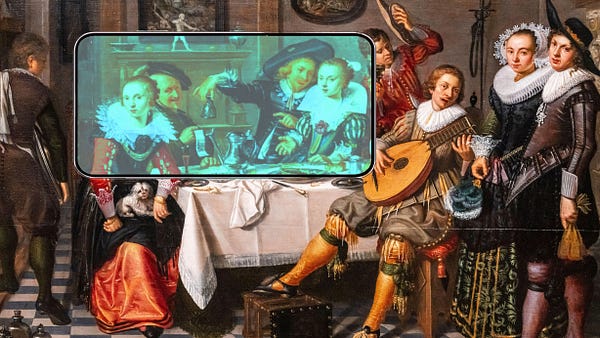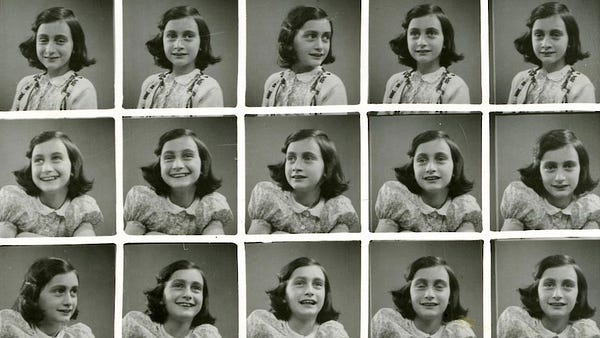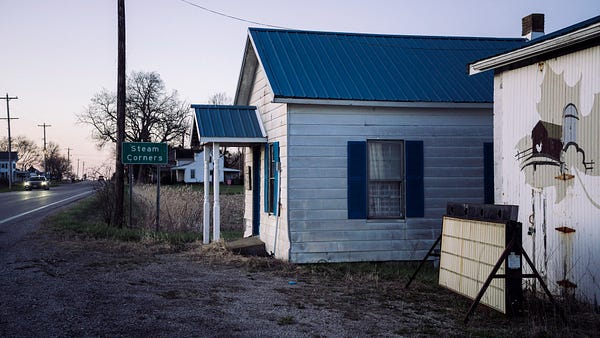
Last week, Bumble founder Whitney Wolfe Herd made a prediction about the future of dating: “There is a world where your AI dating concierge could go and date for you with another dating concierge. . . and it will scan all of San Francisco for you and say, ‘These are the three people you really ought to meet.’ ”
In other words, no more flirting. No seducing. No more risks. No more revelations or surprises. You get all of that information in advance from your “AI concierge.”
And here I was thinking getting to know someone was the fun part.
Wolfe Herd suggests your AI avatar will scan your city to identify suitable partners that you would like. What it would also do, though, is scan other avatars to identify who would like you. In other words, you no longer have to try so hard to be a socially attractive person. The AI will let you “be yourself” and you can passively watch the messages roll in.
What this all offers is freedom from vulnerability, from judgment, from being found inadequate. And then, if the date goes south, you can tell yourself it’s the AI’s fault, not yours.
More than 50 years ago, the sociologists Jonathan Cobb and Richard Sennett wrote, “Whom shall I marry? The more researchers probe that choice, however, the more they find a secret question, more destructive, more insistent, that is asked as well: Am I the kind of person worth loving? The secret question is really about a person’s dignity in the eyes of others.”
The Bumble founder is selling the fantasy that you can enjoy the company of others without effort. Yes, dating can be tedious. Sometimes you have to crush a lot of rocks to find a gem. But outsourcing real-world interaction to AI will diminish you. You will learn less about yourself, your likes and dislikes. It will make you a less interesting person, and, ultimately, a less desirable partner.
Rob Henderson is the best-selling author of Troubled: A Memoir of Family, Foster Care, and Social Class. You can read our excerpt, “The Three Adults Who Abandoned Me,” here. Follow Rob on Substack here.
To support The Free Press, become a paid subscriber today:














Isn't this kind of what a matchmaker does? AI is an easy target these days, but there seems to be value in this type of service.
This is why, for guys like me who only sleep with married women (if she gets pregnant, it’s “his” problem), online dating is a godsend….
Bring on the unhappy, lonely trophy wives who all were married via checklist. When you treat relationships like a job interview, there will always be slots for temps like me.